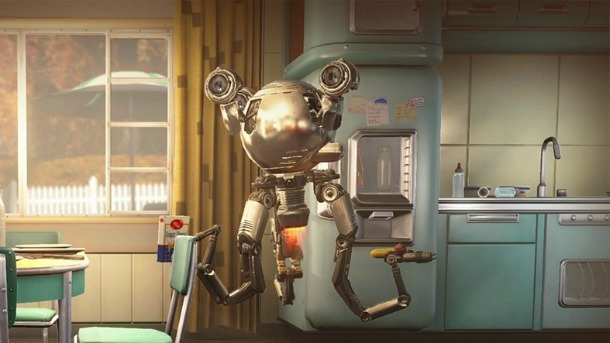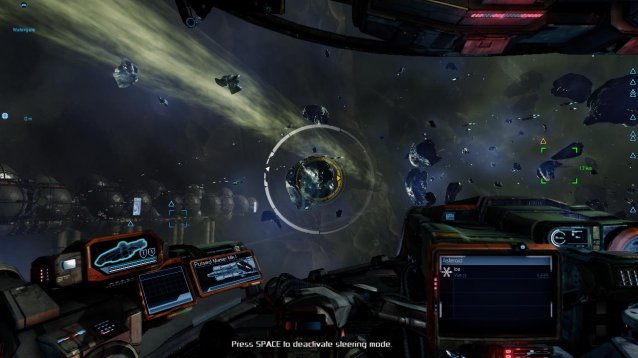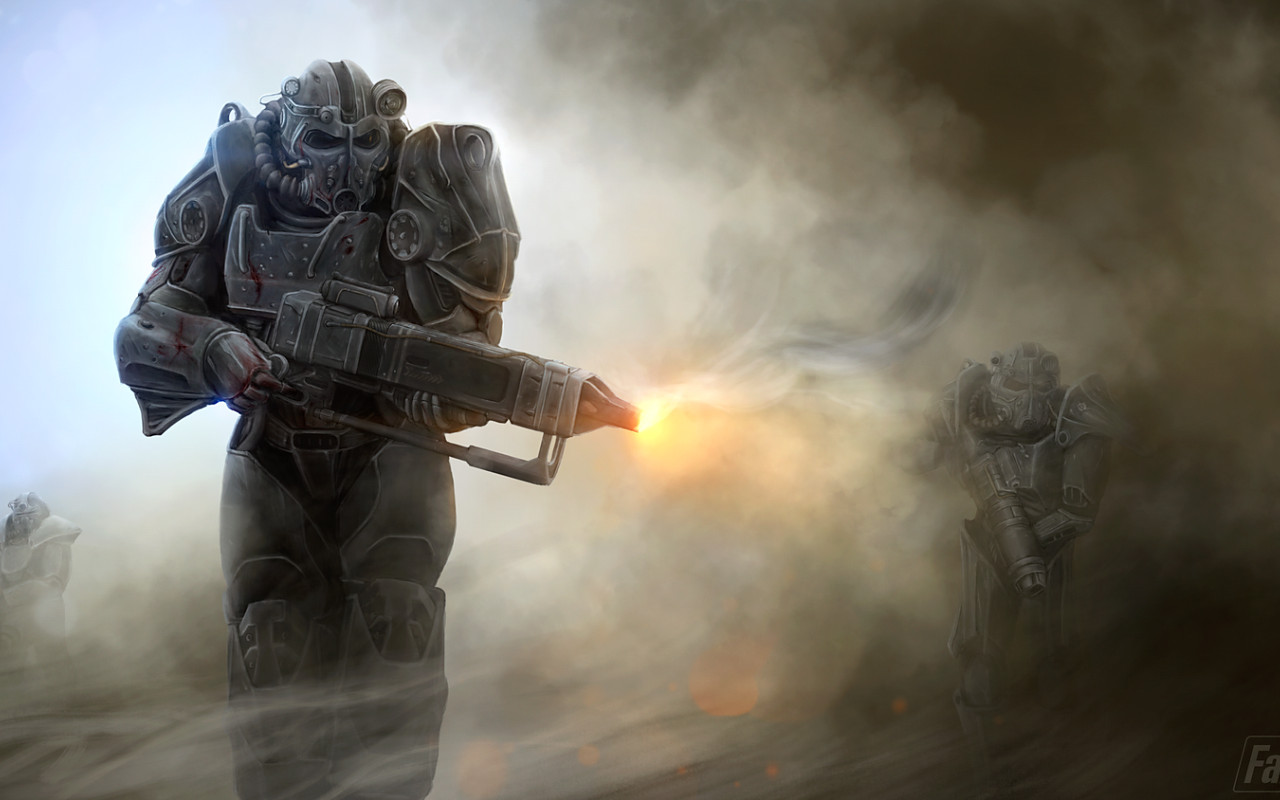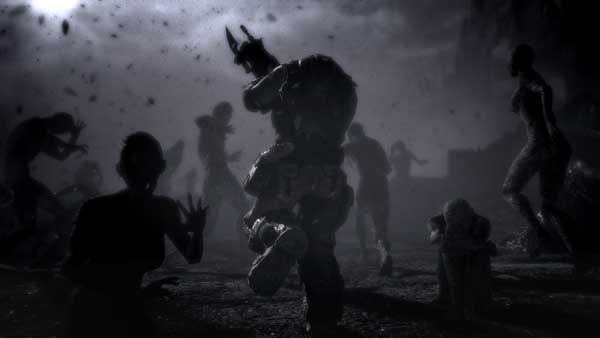

There’s beautiful pixel art, and then there’s the world of The Deer God, a moody, complex, and gorgeously layered trek through nature that’s heavily influenced by endless runners and classic games like Metroid and Joust. Thanks to a successful Kickstarter campaign, The Deer God is available for PC and Mac, with Ouya, Wii U, and Xbox One versions in development. While the game is ambitious and graphically gorgeous, it suffers from tedious combat and the pitfalls of combining quest-based gameplay with procedural generation, making The Deer God frequently slip from inspiring to frustrating.
A product of Crescent Moon Games, The Deer God starts you out as a hunter, but that doesn’t last long. Imagine if Bambi was all about karma—your hunter kills a deer and is forced to take its place in nature to gain an appreciation for the life they stole. As the deer, you progress through the seasons, helping humans and animals solve problems while avoiding predators and traveling through a variety of landscapes including snowy mountains, deserts, and lush jungles.
The message of The Deer God isn’t exactly subtle, but the developers aren’t trying to be. You know from the beginning that this is a game about valuing life and nature, so it doesn’t feel condescending when you come to the end and find yourself facing a decision about reincarnation.
The Deer God isn’t really breaking new ground in its story, but its earnestness is a real point in its favor.
The moral system—a bar that keeps track of your “good” actions versus your “bad” ones and impacts the way your character respawns—is a disappointing dichotomy that punishes you for killing innocent animals, raising questions about why some animals are good to kill and some are bad. Sure, the game is called The Deer God, not The Mountain Lion God, but rewarding you for killing some animals and punishing you for killing others seems more like a valuing of deer specifically rather than the natural world as a whole.
Still, the game takes great pains to show time passing and get you attached to your little deer avatar. Respawning as a fawn when you’ve spent so much time aging up to a stag is frustrating for the right reasons, as you find yourself growing in skill along with the characters. It’s a nice touch, and a particularly elegant way of garnering player investment.
The ability to mate with other deer to provide you with a second life is a nice touch, but it doesn’t do enough to ease the frustration of the game’s shortcomings.
While the story might hit a lot of great notes, the same can’t be said of the gameplay. This is the type of game where one misstep can get you permanently stuck, meaning you’ll have to watch your little deer starve to death if you happen to fall into an inescapable pit. The platforming elements and endless running aspects are solid, but having to wait to die makes mistakes a painful process.
There’s also the important matter of the quests. While your deer sets out to redeem their negative actions, they’re offered quests to help other people and animals. The quests themselves are fairly easy—find something or solve a block-pushing puzzle—but finding them or turning in the quest can be a real problem thanks to the game’s procedural generation. While you might need to return to the riverboat to speak with a ghost, the game might keep taking you back to the desert. If you happen to encounter a questgiver at night, you might never see them. If the game was truly an endless runner where the goal was distance and not progressing the story, that might be fine, but as it is the quests become tedious when you have to run only left or right and hope the game brings you to the right place.
The layering and tilt-shift effect make The Deer God‘s pixel-art world a sight to behold.
Still, there’s a lot of The Deer God to love. It’s an absolutely beautiful game with stunning pixel art that’s layered to create a world more dynamic and complex than your average 8-bit style game. The lighting effects are wonderful, perfectly encapsulating the season changes and moodiness of different times of day. If you’re a fan of pixel art, The Deer God is worth playing for the visuals alone—rarely do games like this look like something you’d want to hang on your wall, but almost every moment of the game is screenshot-worthy.
The music, too, is an excellent complement to the game’s atmosphere. The product of Evan Gipson, it’s the perfect blend of ethereal, forest-y melodies with synth and computerized beats to capture the blend of pixel art and nature that composes the game’s setting. One track bleeds seamlessly into the next, making the transitions between biomes feel natural even in terms of the music.
The game isn’t without hiccups—it’s downright frustrating at times due to procedural generation and an inability to escape from some obstacles—but there’s a lot to like, too. The Deer God‘s art and music are beautiful and soothing, painting a striking picture of the natural world. If the gameplay were as great as the art it would be a truly astounding game but, as it is, The Deer God is an interesting but ultimately more aggravating than inspirational offering.
The Deer God is available now for $14.99 through Steam.




 X Rebirth Review
X Rebirth Review Fallout 4 Mission Guide: The First Step
Fallout 4 Mission Guide: The First Step Assassins Creed Syndicate - All Secrets of London Locations, Aegis Outfit, Reuges Vault
Assassins Creed Syndicate - All Secrets of London Locations, Aegis Outfit, Reuges Vault Review: Hotline Miami
Review: Hotline Miami Gears of War 3 Walkthrough Video Guide in HD
Gears of War 3 Walkthrough Video Guide in HD